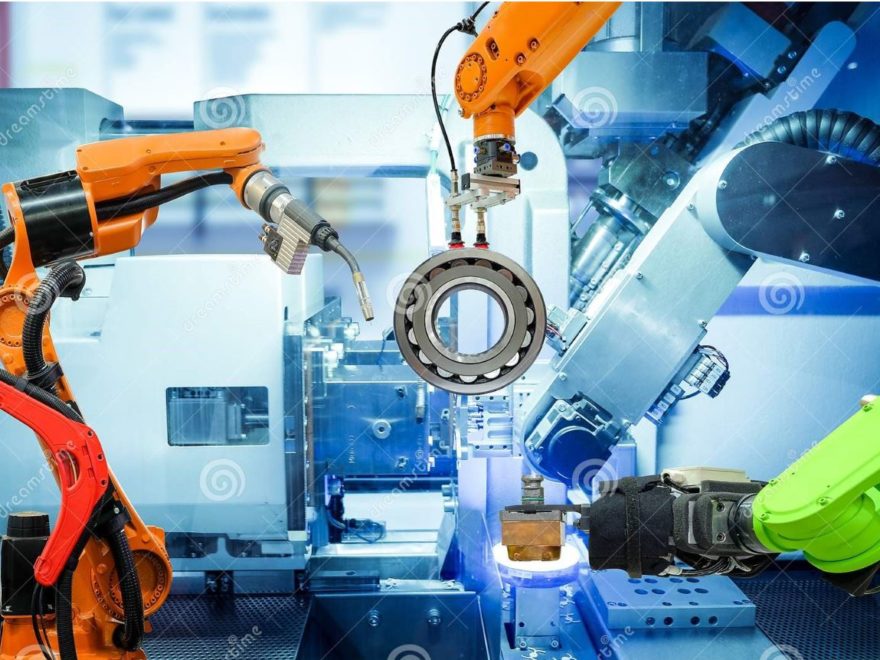Second chapter of this series of two where I address the issue of the intelligence of experienced leaders.
In it, I refer to the concepts of fluid intelligence and crystallized intelligence, and I explain the benefits, especially of the latter.
I defend that if self-esteem and the consequent self-confidence are the quotient between achievements and aspirations, we must deduce that a well-worked crystallized intelligence allows us to reach higher levels of self-esteem and self-confidence.
I consider this aspect fundamental for the management of complex problems in which industrial organizations are currently immersed.
Continue reading


